Intestinal polyps refer to the bulge of the intestinal mucosa that protrudes into the intestinal cavity. Simply put, it is a lump of flesh. Before the pathology is confirmed by excision, this lump of flesh is collectively called a polyp. When the number of polyps reaches 100 or more, it is called a polyp. May be called polyposis.
Having polyps in the intestines, this matter can be small or big, small because some polyps have a small radius and do not have much impact on life. What are the 5 symptoms of bowel polyps?
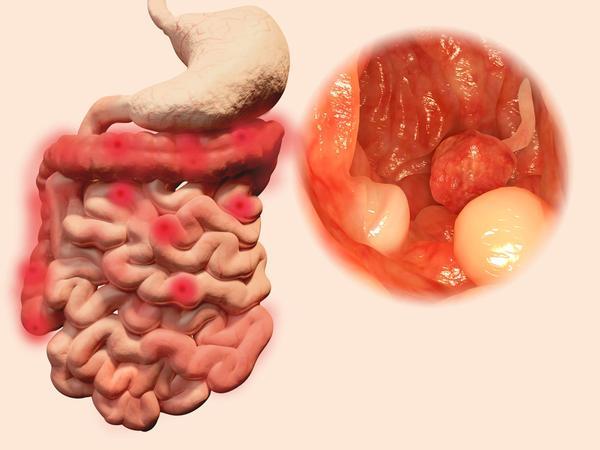
The main reason is that some polyps will become cancerous, and it takes about ten years to develop into cancer. Therefore, be alert to intestinal polyps and remove intestinal polyps at an early stage, which can effectively prevent the occurrence of cancer.
What are the symptoms of bowel polyps?
1. Changes in stool properties
Normal stool is generally cylindrical, and its excretion needs to pass through the intestinal tract. If polyps grow in the intestinal tract, causing the intestinal lumen to become smaller, the feces will be squeezed during the excretion process, and it is easy to pass out unshaped stools. Or thin strips.
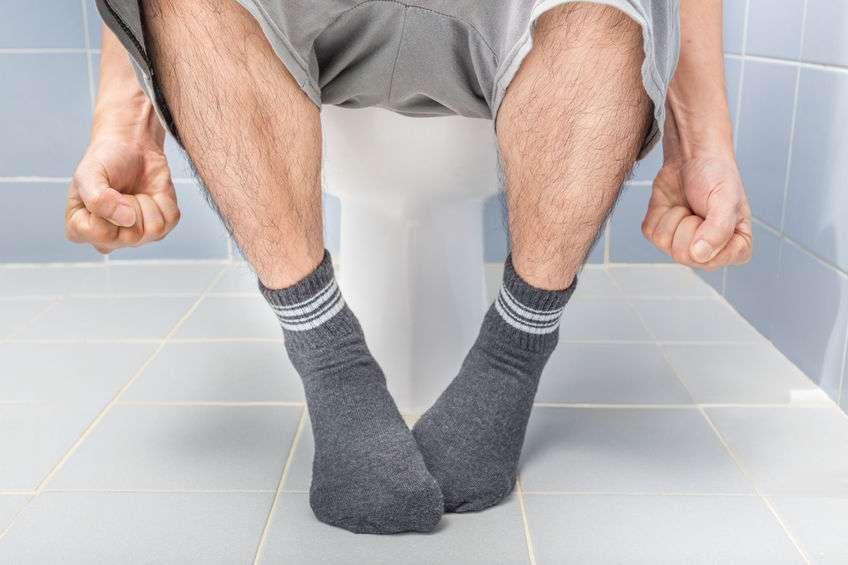
Not only the shape of stool changes, but also constipation, difficulty in defecation, and increased frequency of defecation, and some patients may also show alternating constipation and diarrhea.
2. Abdominal pain
With the growth of intestinal polyps, their radius and the occupied area continues to increase, which will also affect the peristalsis of the intestinal tract, and each peristalsis will pull the polyps and cause pain.
When the polyp is still small, the patient may only have a dull pain in the middle of the abdomen.
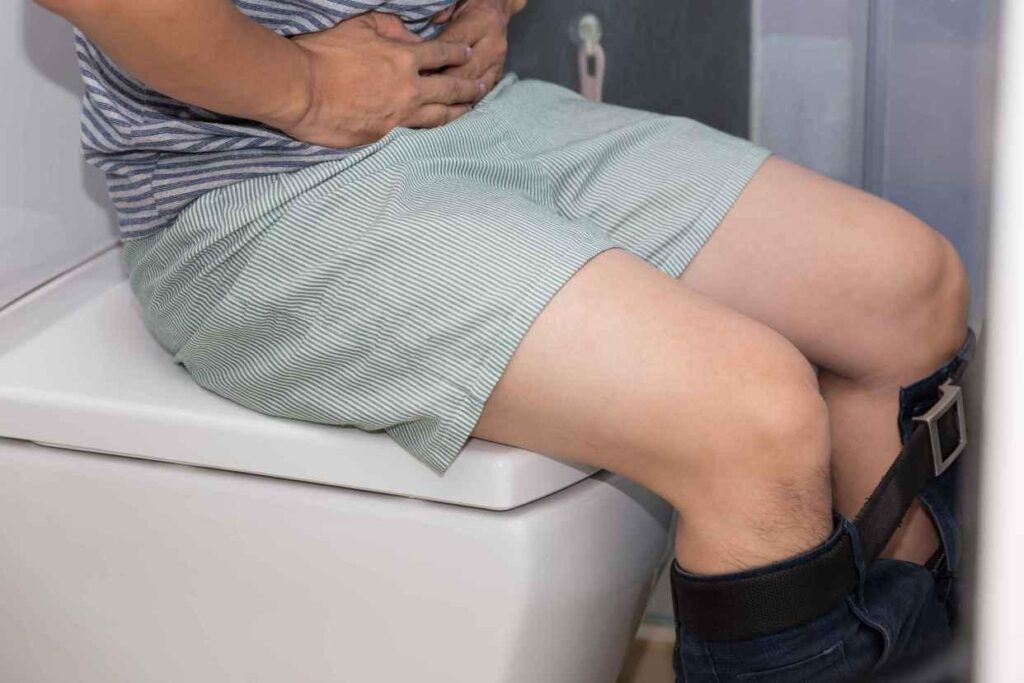
After the polyp is large, the pain will be aggravated. If intussusception occurs, the abdominal pain will be acute. Many people discovered intestinal polyps because of the onset of intussusception symptoms.
3. Bloody stool
As mentioned in the previous symptom, intestinal polyps will affect intestinal blood supply, and the shedding of polyp mucosa will also cause blood vessels to rupture, resulting in bloody stools. If the polyp is in the inflammatory stage, there will be exudation, forming mucus and blood in the stool.
This is the most intuitive symptom of intestinal polyps. Many people have colonoscopies and found intestinal polyps because of bloody stool or positive fecal occult blood.
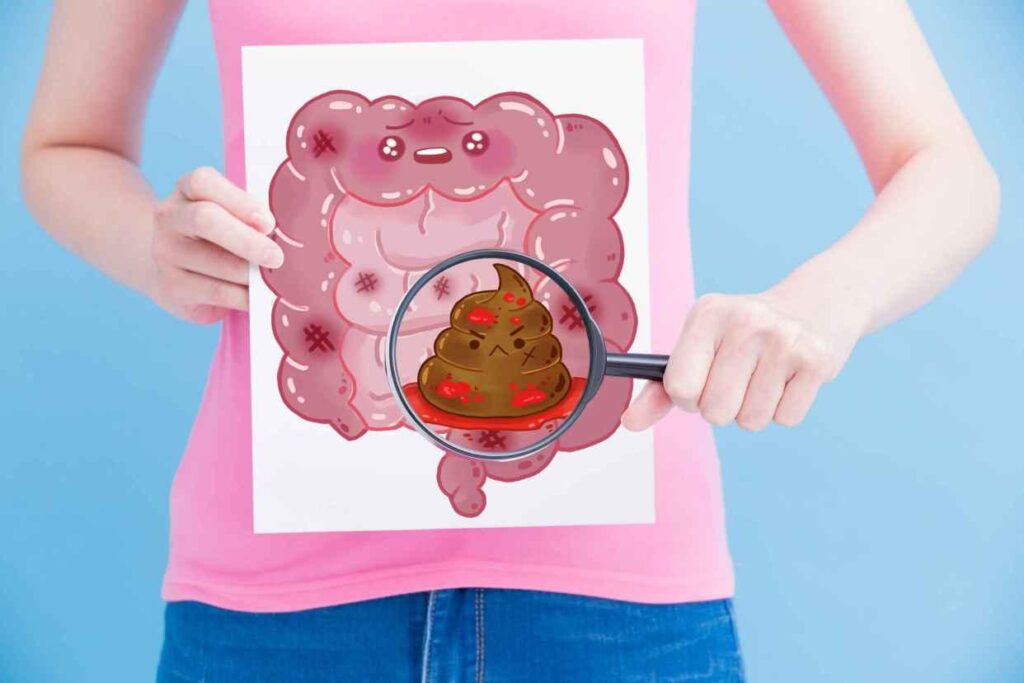
In addition, the bloody stool of intestinal polyps should be distinguished from the bloody stool of hemorrhoids. The blood of polyps is fused with the stool, and there is blood in the stool, while the blood of hemorrhoids drips on the stool during defecation, and there is only blood on the surface.
4. Anemia
This symptom is related to bloody stools. Some people do not have the habit of observing the color of stools. They may not find bloody stools all the time.
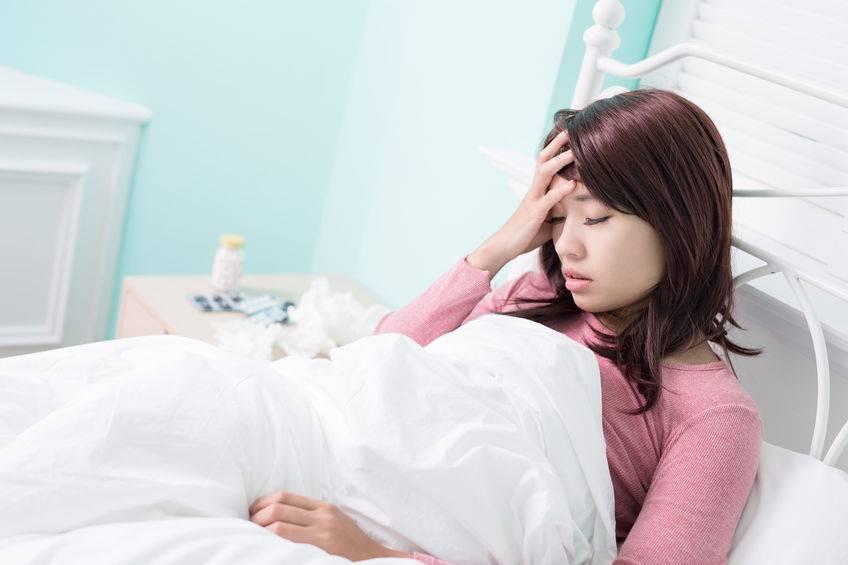
However, as the number of bloody stools increases and the blood in the body continues to lose, people will show symptoms of anemia, pale complexion, and lack of energy. Malaise, physical weakness
5. Vegetation appears in the anus
Some polyps grow in the lowest part of the rectum, which is closer to the anus. If the abdominal pressure is too high or you defecate hard, it is easy to bring out the polyps. You can see that there is a growth in the anus, and the polyps will naturally return to the rectum.
There is also a polyp that is easy to prolapse from the anus, called hamartoma juvenile polyp, which is more common in children.
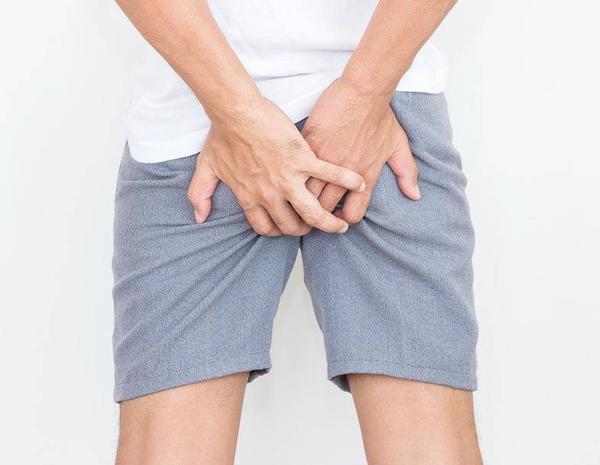
Intestinal polyps have now become a common disease, and the number of patients is increasing year by year, which may be related to the eating habits of modern people. People who like to eat high-protein and high-fat substances are prone to intestinal polyps. When the above symptoms appear, it is necessary to consider whether there are polyps and to remove the polyps as soon as possible can also be at ease as soon as possible.
In addition, there are still some patients with polyps who have no clinical symptoms. These people need to observe the disease of their family members because this disease is hereditary in families. If someone in the family has intestinal polyps, it is best for them to also Find a chance to have a colonoscopy just in case.
Also Read about health and fitness at www.growmorehealth.com
